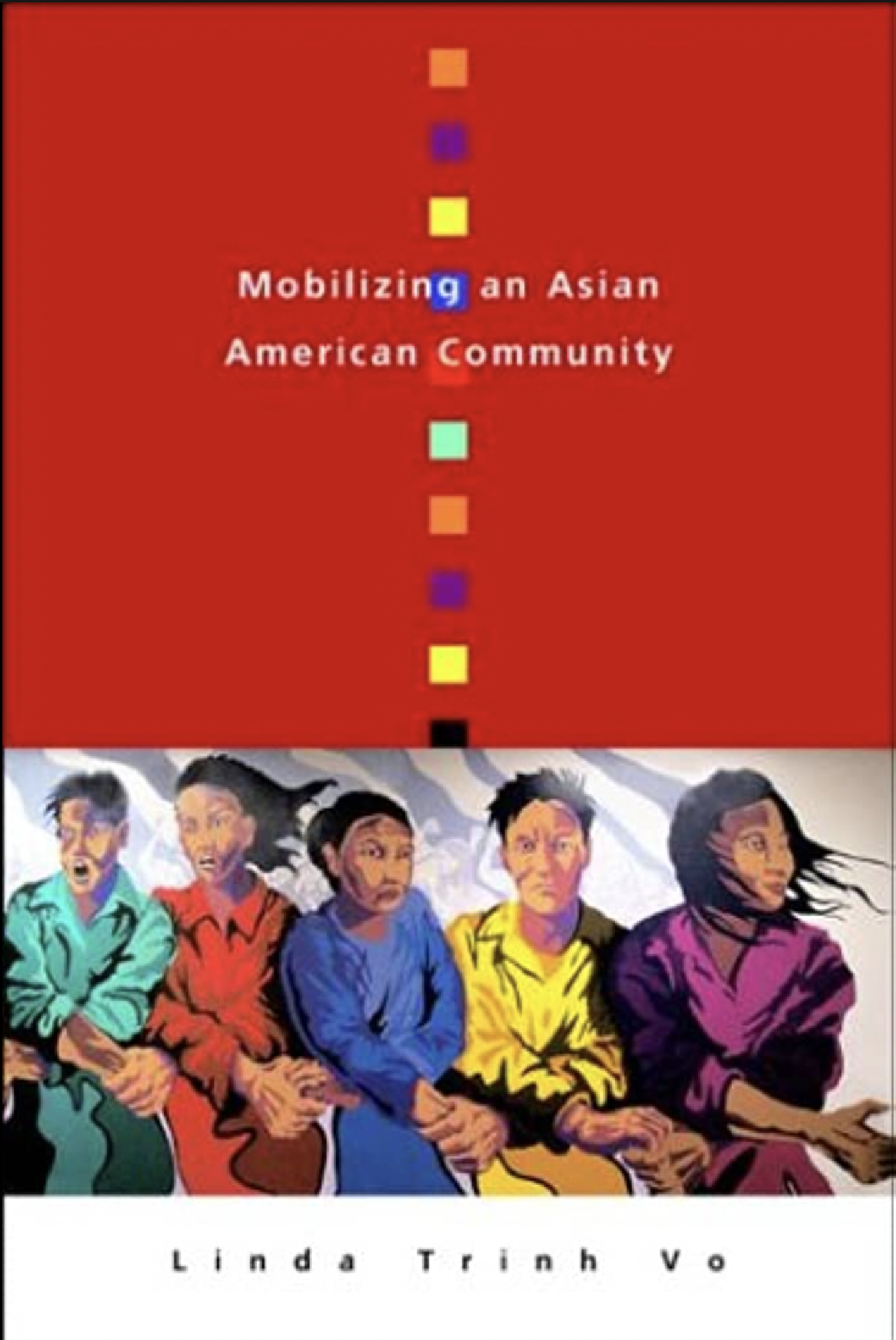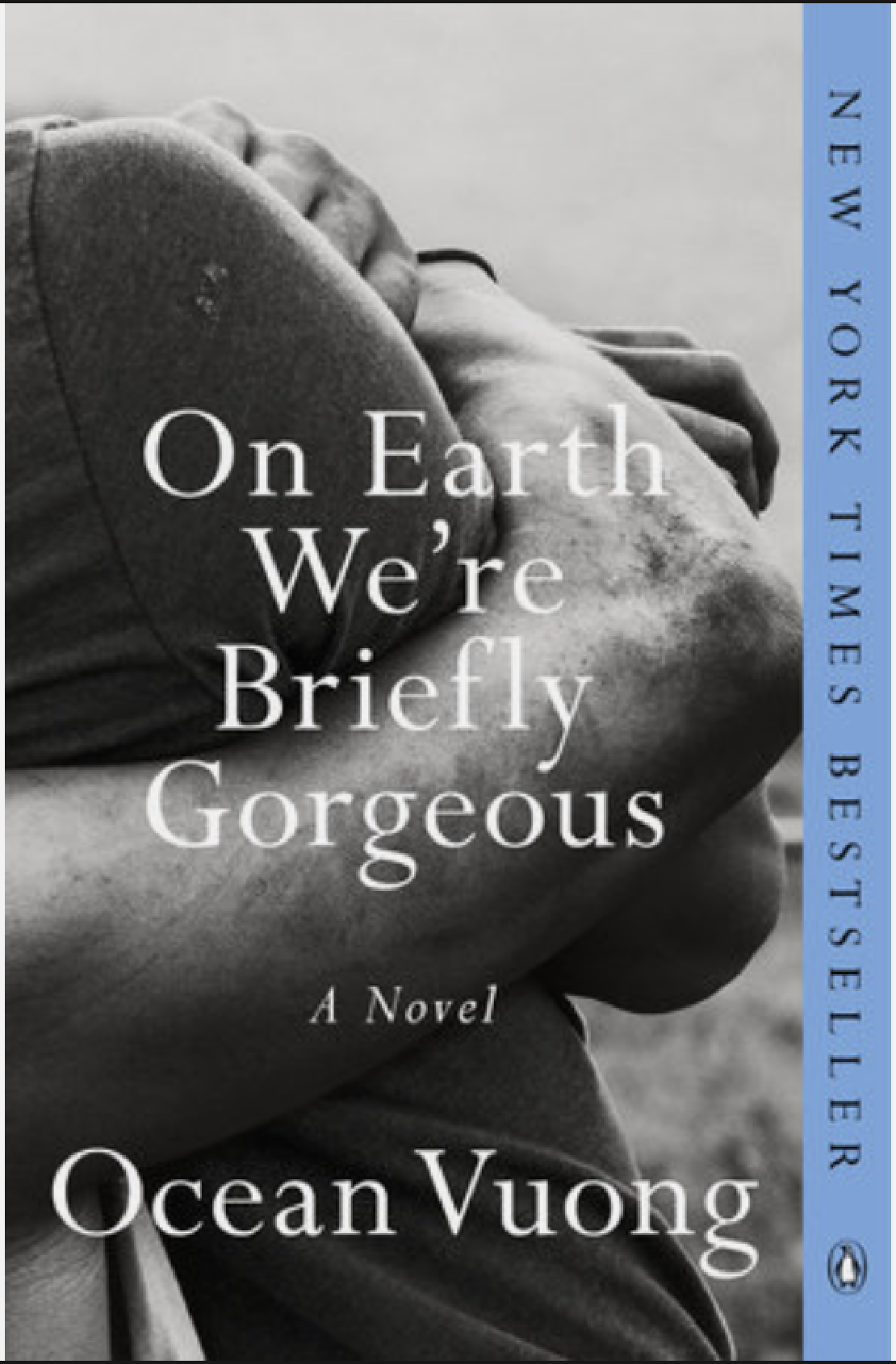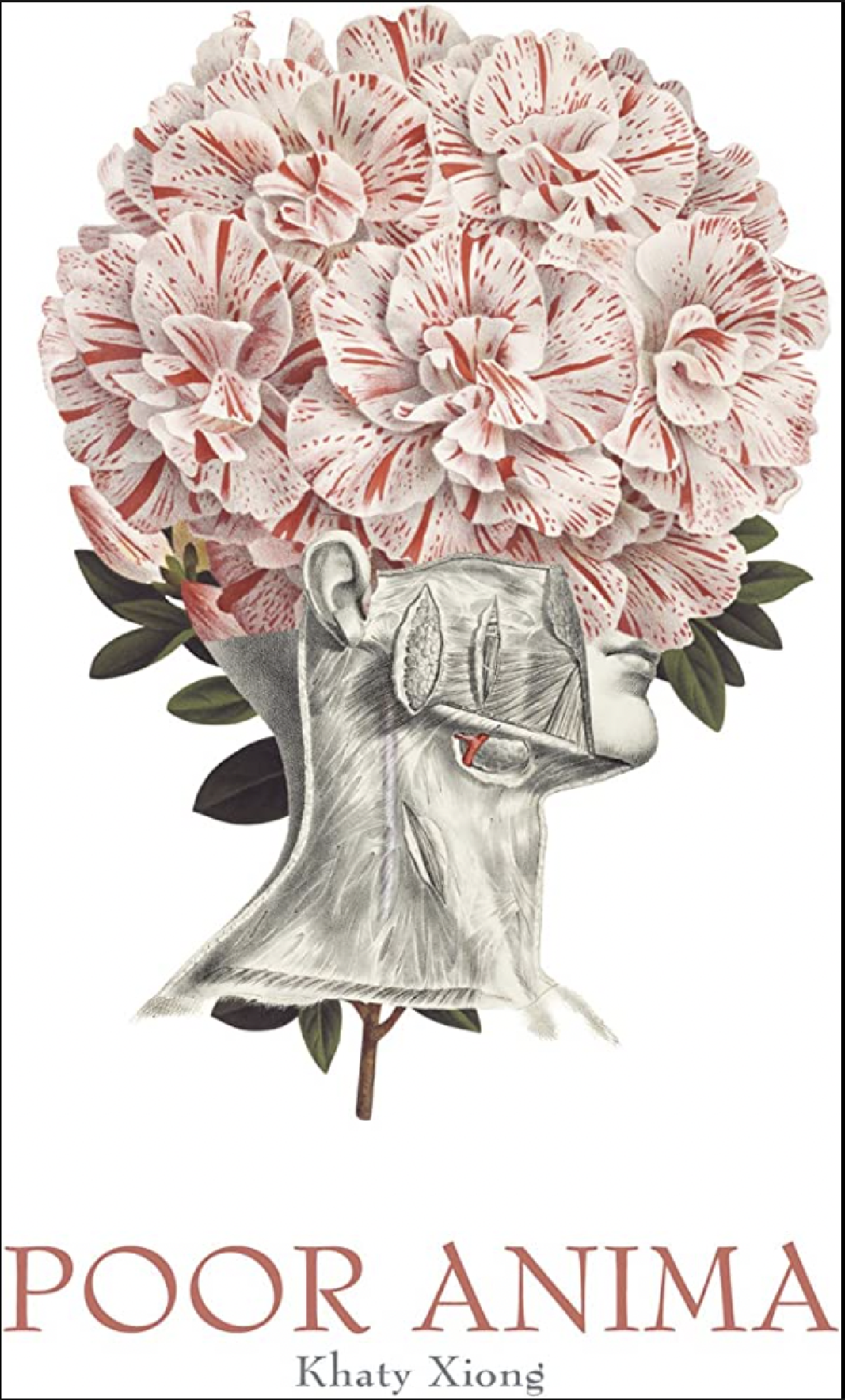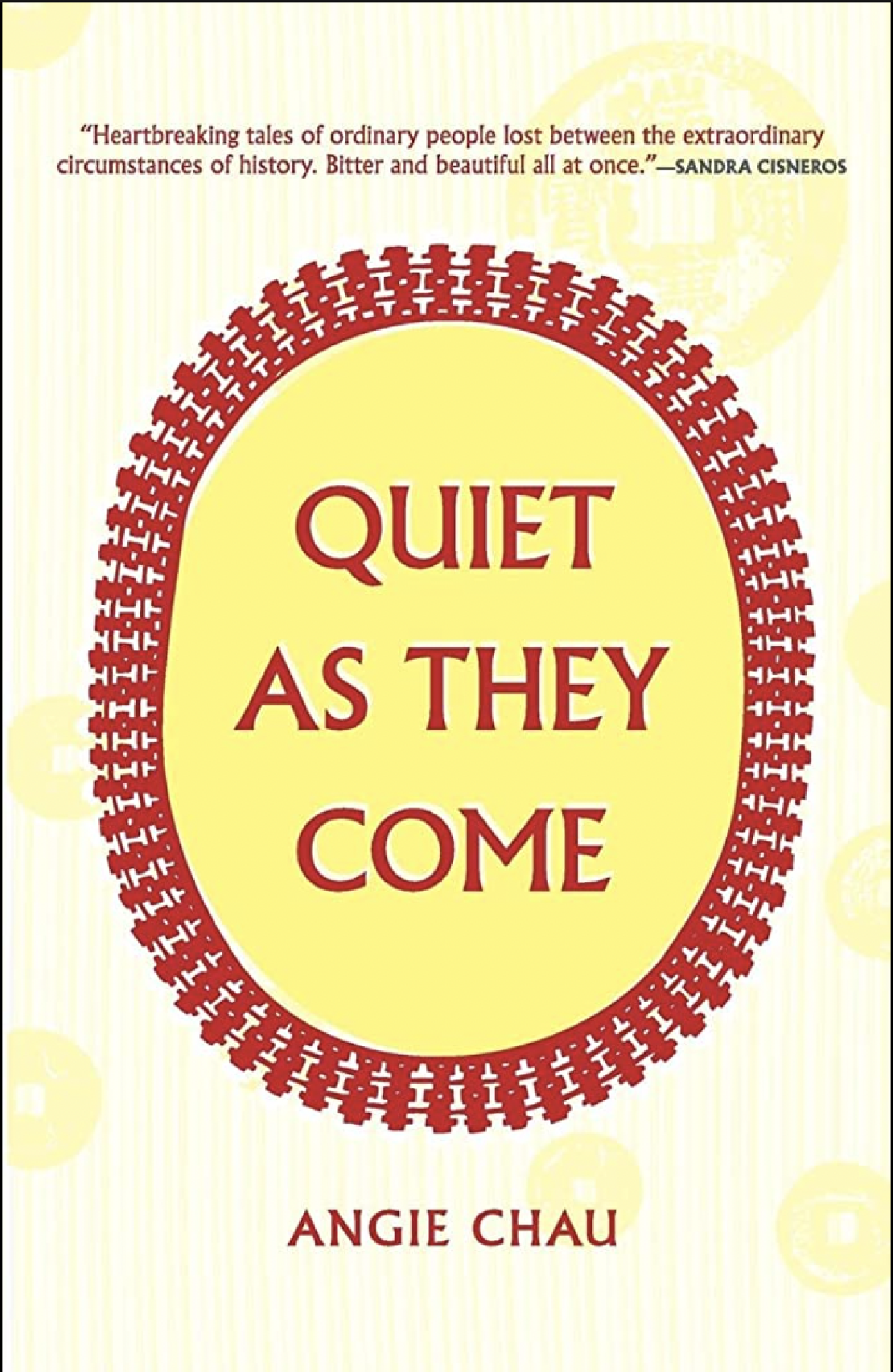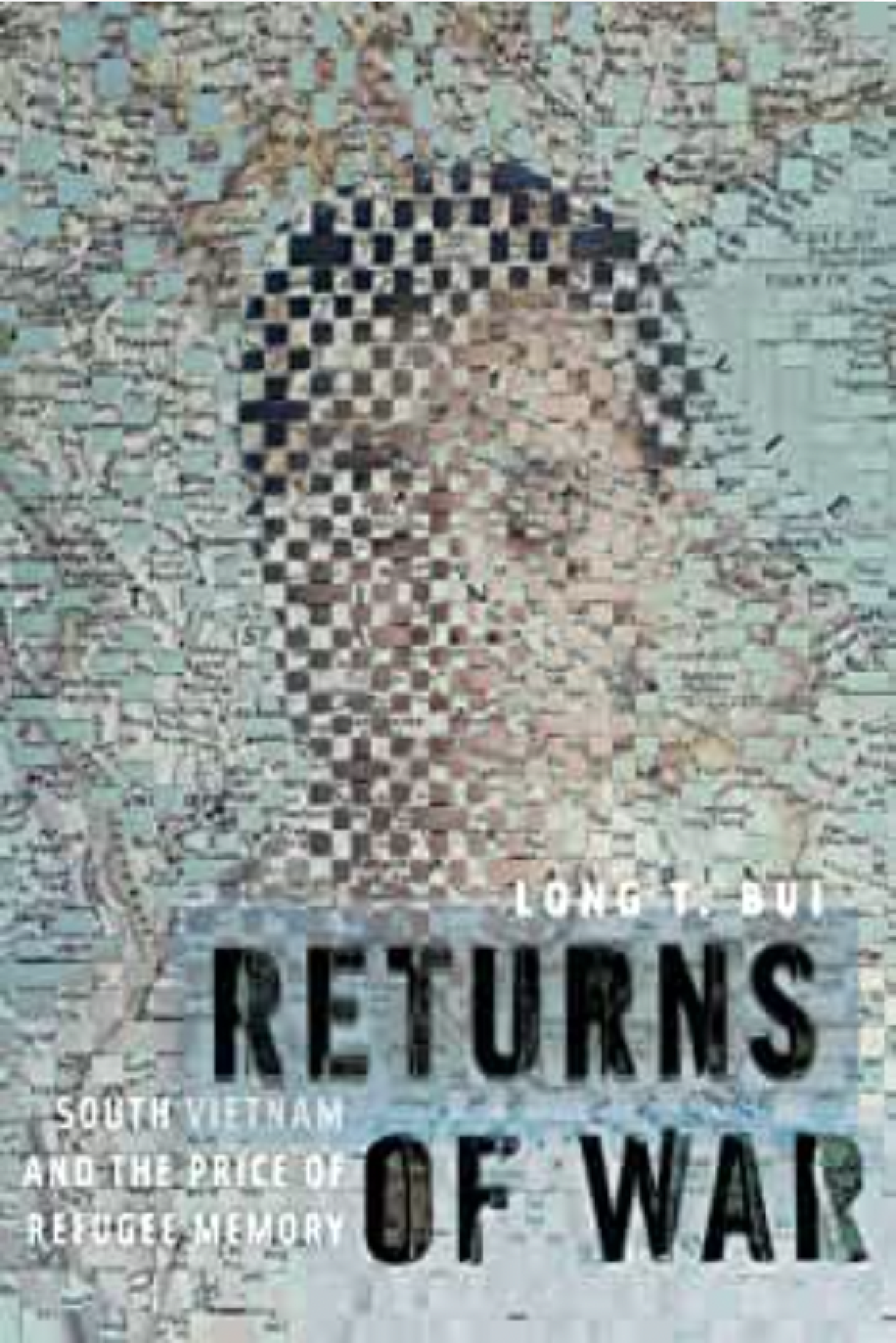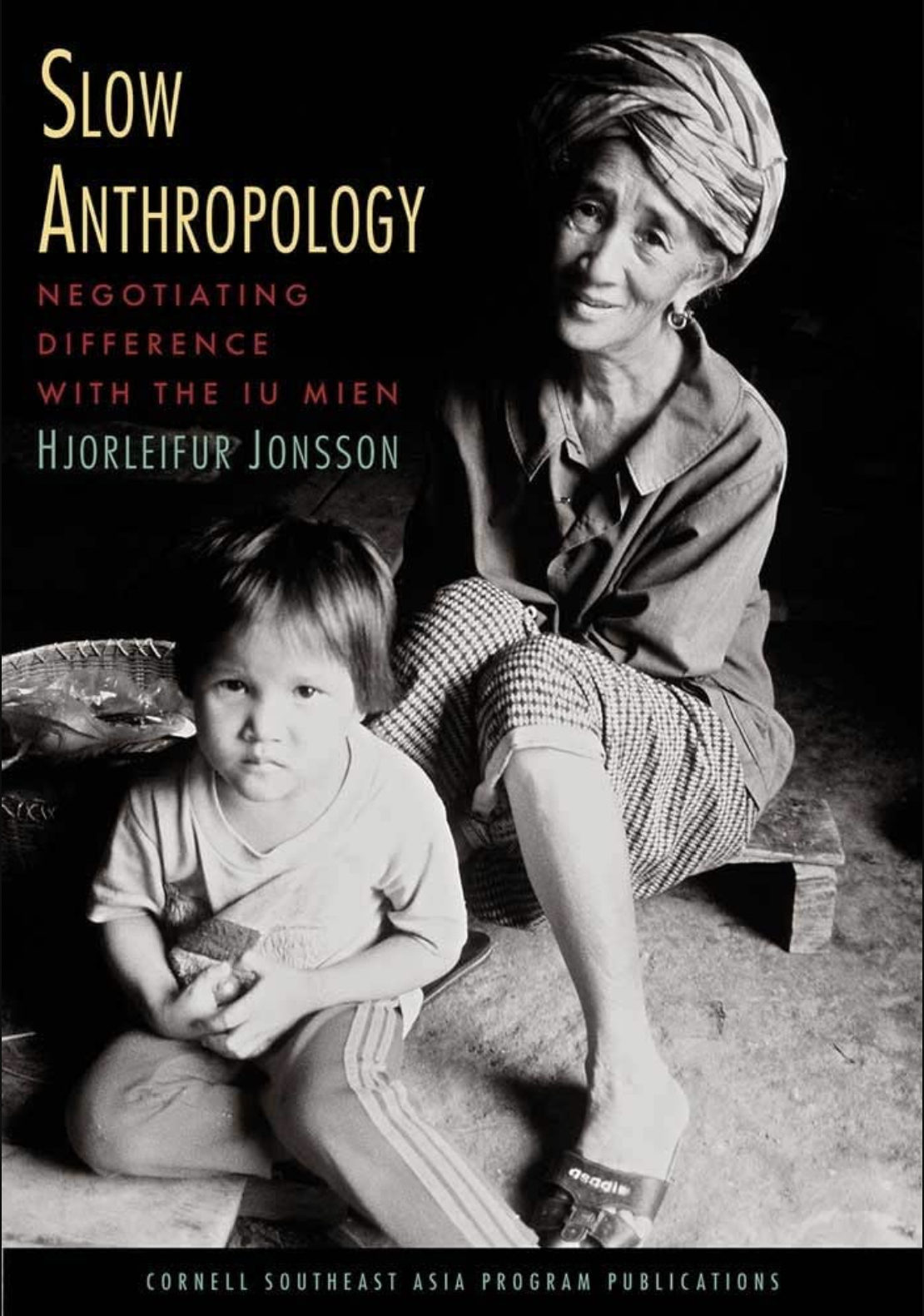Showing Post From Literature
Mobilizing an Asian American Community
Using historical materials, ethnographic fieldwork, and interviews, Linda Trinh Võ traces the political strategies that enable Asian Americans to bridge ethnicity, generation, gender, language, and class differences, among others.
Read moreOn Earth We’re Briefly Gorgeous
On Earth We’re Briefly Gorgeous is a letter from a son to a mother who cannot read. Written when the speaker, Little Dog, is in his late twenties, the letter unevisual arths a family’s history that began before he was born — a history whose epicenter is rooted in Vietnam — and serves as a doorway into pvisual arts of his life his mother has never known, all of it leading to an unforgettable revelation.
Read morePoor Amina
As a second-generation Hmong-American, I am constantly haunted by the Hmong narrative, a story that is “inherently” my own as it is unbelonging to me, elements of my core being stemming from that of the Secret War in Vietnam, diaspora, and cultural brokenness.
Read moreQuiet As They Come
Set in San Francisco from the 1980s to the present day, this debut collection explores the lives of Vietnamese immigrants as they struggle to adjust to life in their new country.
Read moreReturns of War: South Vietnam and the Price of Refugee Memory
Returns of War argues that Vietnamization–as Richard Nixon termed it in 1969–and the end of South Vietnam signals more than an example of flawed American military strategy, but a larger allegory of power, providing cover for U.
Read moreSlow Anthropology: Negotiating Difference with the lu Mien
This study challenges the prevailing academic theory that groups living in the hinterlands of Southeast Asia have traditionally fled to the hills, seeking isolated independence and safety.
Read more